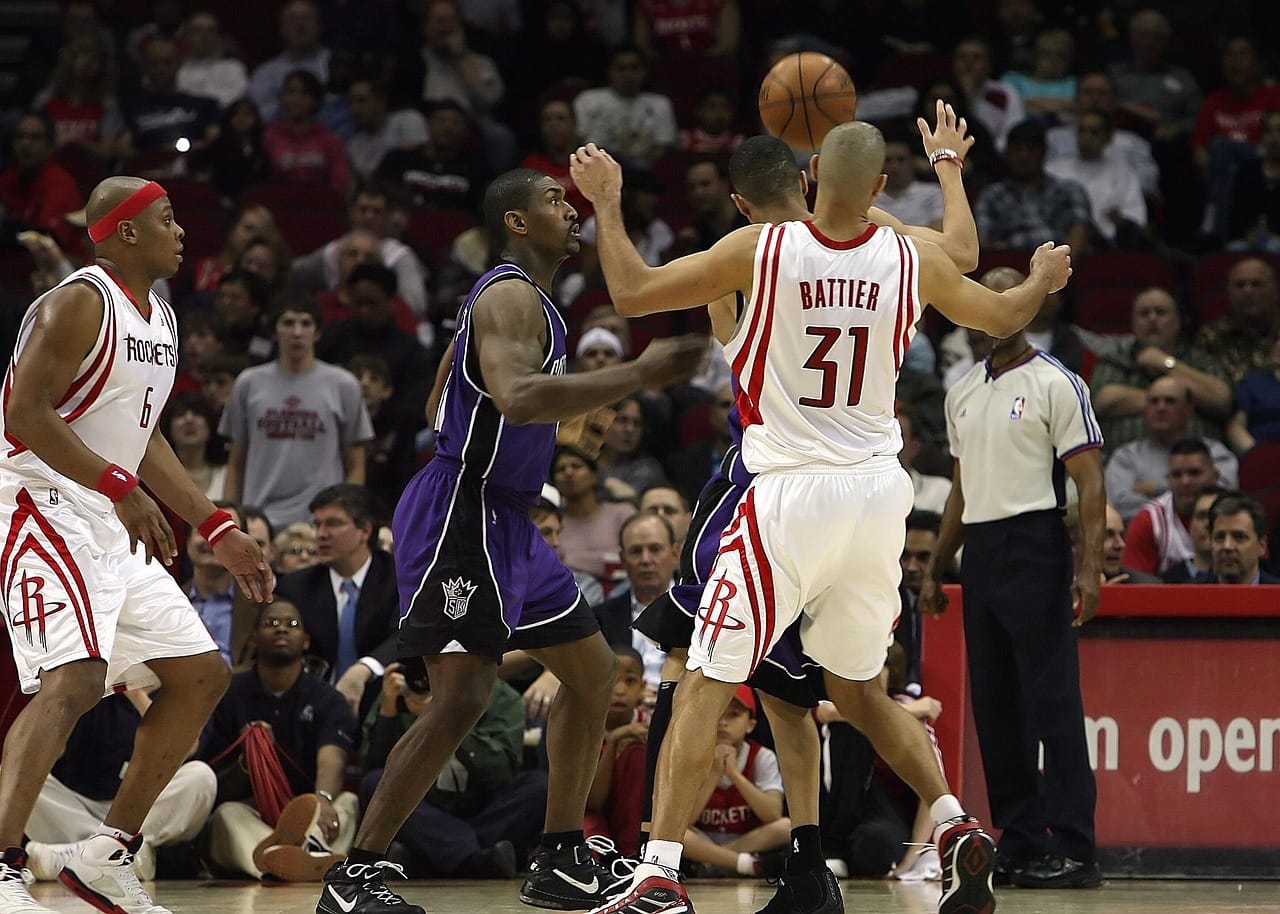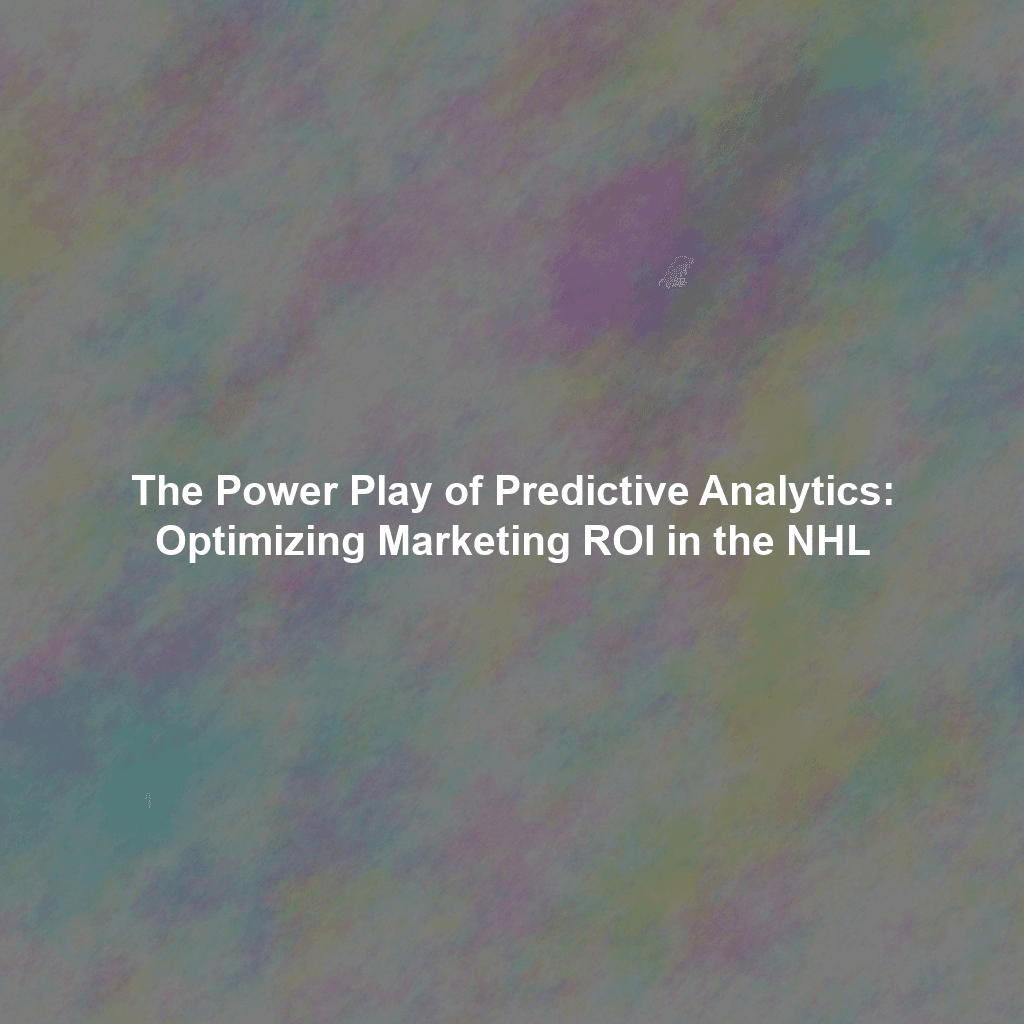In 2025, sports marketing is no longer confined to flashy commercials or halftime sponsorships. It’s evolved into a dynamic, data-driven discipline where leagues and franchises compete for attention across TikTok, analyze fan sentiment using AI, and partner with local nonprofits to deepen community roots. Whether you’re marketing in the NFL, NBA, MLS, or NHL, one truth holds: fans expect more. More authenticity, more relevance, and more ways to engage — online and off.
This article is your central playbook. Drawing from best practices across major sports leagues, we’ll explore the core themes that define winning sports marketing today: community connection, storytelling, personalization, content innovation, and the strategic use of data. Think of this as your locker room whiteboard for building and linking a content marketing strategy that actually scores.
1. The Rise of Community-Driven Marketing
Gone are the days when sports marketing was a top-down broadcast. In 2025, the smartest teams build bottom-up loyalty by embedding themselves in local neighborhoods. Think food drives, bilingual clinics, youth programs, and cultural festivals.
The NHL’s hyperlocal campaigns in cities like Buffalo and Edmonton aren’t just goodwill — they’re long-term fan acquisition strategies. NFL teams are partnering with local nonprofits and launching mental health campaigns tailored to their fanbase’s demographics. MLS clubs often host pop-up events with local influencers or musicians in Latino neighborhoods.
This kind of grassroots work isn’t a “nice to have” — it’s the new baseline. When done right, it delivers lifelong loyalty. These customer loyalty strategies go beyond transactions and deepen trust.
2. Personalization and Data: The Fan Experience Engine
You can’t market to today’s fans with yesterday’s targeting. The NFL, for example, now runs CRM systems that know if a fan buys beer at halftime, opens emails with emojis, and prefers red jerseys over white. Teams are using that data to personalize everything from season ticket emails to in-stadium signage.
The NBA uses real-time sports marketing analytics to monitor content performance and push the most engaging clips to fans’ feeds — optimizing per region, language, and even device. MLS teams integrate sentiment analysis into their social media dashboards to inform content tone.
This is where predictive analytics benefits shine, as data is not only collected but used to deliver smarter, faster, and more meaningful content. This contributes directly to fan experience personalization and fan data engagement.
3. Content That Cuts Through: Formats, Funnels, and Frequency
The golden formula: content that entertains + informs + deepens fandom.
- Long-form docuseries (think: “Hard Knocks” or NBA’s behind-the-scenes playoff vlogs) build emotional equity.
- Short-form viral clips on TikTok and Instagram Reels reach Gen Z where they live.
- Weekly newsletters, Discord communities, and gamified apps extend daily engagement.
These customer engagement strategies are built to maximize every channel. NHL franchises that were once behind on social media are now leading with meme culture and nostalgia-driven videos. NFL teams target multiple segments by having content pillars: hardcore stat-heads, casual Sunday fans, and superfans who buy every jersey drop.
4. Storytelling is the Soul of Sports Marketing
Great sports marketing doesn’t sell tickets. It sells meaning.
The NBA excels at building personal brands around players — turning locker room footage, family tributes, and postgame fits into cultural touchpoints. The NFL frames rookies as hometown heroes or comeback stories. MLS narratives often lean into underdog energy, immigrant stories, or city pride.
Done well, storytelling creates relevance. And relevance creates revenue. This is the heart of brand storytelling importance, turning moments into movements.
5. Merchandising and Brand Extensions: Beyond the Game Day
Teams are becoming lifestyle brands. Consider:
- The NFL’s sports merchandising strategies, where fan gear drops follow seasonal fashion trends and player collaborations.
- NBA collabs with streetwear and luxury labels that turn fans into fashion ambassadors.
- NHL teams launching digital collectibles and NFTs tied to real-world perks.
This is about more than jerseys — it’s about brand affinity and new NFL revenue streams like fan experience monetization and experiential products.
6. Social Media and Youth: The Battle for Gen Z Attention
Gen Z is sports-aware, but not sports-obsessed. Winning them requires constant creativity:
- The NFL tailors content to TikTok’s trends — often using team mascots, locker room dances, and humor.
- NHL teams experiment with Twitch streams of EA Sports NHL, targeting young gamers.
- MLS clubs give players editorial control of their Instagram takeovers.
Winning Gen Z fan engagement is about authenticity and fluency in their digital dialects. NHL marketing to youth also shows promise through integration with gaming and influencer channels.
7. Values-Based Marketing and Sponsorship Alignment
Modern fans want to know what your team stands for. Sponsorships that feel misaligned are quickly called out. Leagues are responding:
- The NFL now screens sponsors for brand safety and community alignment.
- The NBA’s social justice partnerships are front-and-center in many campaigns.
- MLS clubs often pair regional sponsors with local initiatives — like green energy programs or refugee support.
This isn’t just risk management — it’s brand community development. It’s about building brand loyalty through shared values.
8. Multicultural and Global Audience Growth
MLS and NBA have made major inroads into Spanish-speaking, Asian, and African markets — both domestic and global. That means multilingual content, culturally relevant partnerships, and diverse on-camera talent.
Globalization is also driving innovation. The NBA’s international YouTube channels feature custom content. NHL pushes French content in Quebec and Swedish content in Scandinavia. NFL games in Germany and the UK are producing spikes in digital subscriptions.
This is where international marketing tactics and diverse audience engagement meet. Tailored content is key.
9. Rivalries, Emotions, and Tribalism as a Lever
Rivalry marketing is tried and true — but it’s evolving. Teams are leaning into meme wars, regional pride, and in-game polls to stoke the fire.
MLS’s use of supporter groups in their branding gives fans a sense of identity. NFL teams use countdowns and trash talk (often with fan-generated content) in ways that boost pregame hype and postgame loyalty.
It’s a form of emotional marketing connection that drives organic shares and deeper belonging. That loyalty also supports customer lifetime value sports metrics.
10. The Future: AI, Interactivity, and the Next Wave
Looking ahead, expect to see more:
- AI-powered personalization in ticket pricing, content curation, and email timing.
- AR/VR fan experiences — from virtual locker room tours to metaverse watch parties.
- Interactive content like real-time voting during games or predictive stats overlays.
Expect continued growth in sports marketing tactics that mix tech and humanity. Teams will increasingly embrace influencer marketing strategies, explore esports in hockey, and refine customer relationship strategies as fans seek deeper, two-way engagement.
Conclusion: Your Marketing Strategy Should Be Built Like a Championship Team
Great sports marketing in 2025 isn’t about shouting louder — it’s about connecting deeper. It’s a blend of emotion, data, culture, and creativity. If you want to build a strategy that lasts, think like a GM: scout what’s working, draft compelling stories, invest in fan development, and always play for the long game.
Use this hub article to anchor your broader strategy. From here, you can branch into customer advocacy, community engagement tactics, NHL marketing strategies, or MLS content strategy — all of which contribute to sustainable growth.
Want to build a fanbase that sticks with you for decades, not just a season? The playbook’s right here. Start running your plays.
 Skip to content
Skip to content

